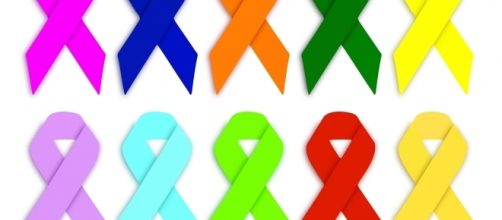It's one of the most dreaded diseases of all time, and yet Cancer Risk Factors are a puzzle to most Americans, according to a new survey. Conducted by the American Society of Clinical Oncology (ASCO), the survey had 4,000 Americans answer the questions to gauge their knowledge about risk factors of cancer. Called the National Cancer Opinion Survey, it aims to educate people that cancer can be prevented by cutting risks.
The results
It's not all that bad – in fact, some risk factors were correctly identified by most survey participants. 66 percent of them named sun exposure as a risk factor, and almost 80 percent of the lot identified tobacco use.
What's worrisome though is, only 30 percent of survey participants knew that obesity is a risk factor for cancer. According to ASCO, obesity is the single biggest cause of cancer for women, and it is the second leading risk if you're a man. Studies have found that obesity increases the possibility of developing breast, colon, uterine, and prostate cancers.
Further, a meager 25 percent identified lack of exercise as one of the risks, and only 30 percent of the participants knew that excessive alcohol consumption could increase the chance of getting cancer. This is backed by ASCO's research, which says abusing alcohol increases the risk of mouth, liver, and mouth breast cancers.
Cutting risks
There's a lot of conflicting advice about what to do – or not to do – to decrease the likelihood of getting cancer.
You may even have heard of people doing everything "right" but still, end up getting diagnosed with cancer anyway. However, it goes without saying that making the correct lifestyle choices every day can definitely decrease the risk.
Since obesity is one cancer risk factor not many are aware of, let's put emphasis on the importance of eating healthy and losing weight. The link between body weight and cancer is now very well established. Large studies have told us that maintaining a healthy body weight, and stopping yourself from putting weight on, can help to reduce the risk of cancer.
It is also important to know your body and recognize any potential symptoms of cancer, be it unexplained bleeding or lumps.
If you notice any changes and are unsure, get advice about whether they might be serious.
While the survey has presented that most people are unaware of cancer risks, it's a relief to know that 91 percent of Americans support federal funding in order to prevent, diagnose, and treat cancer even if it led to tax increases.


